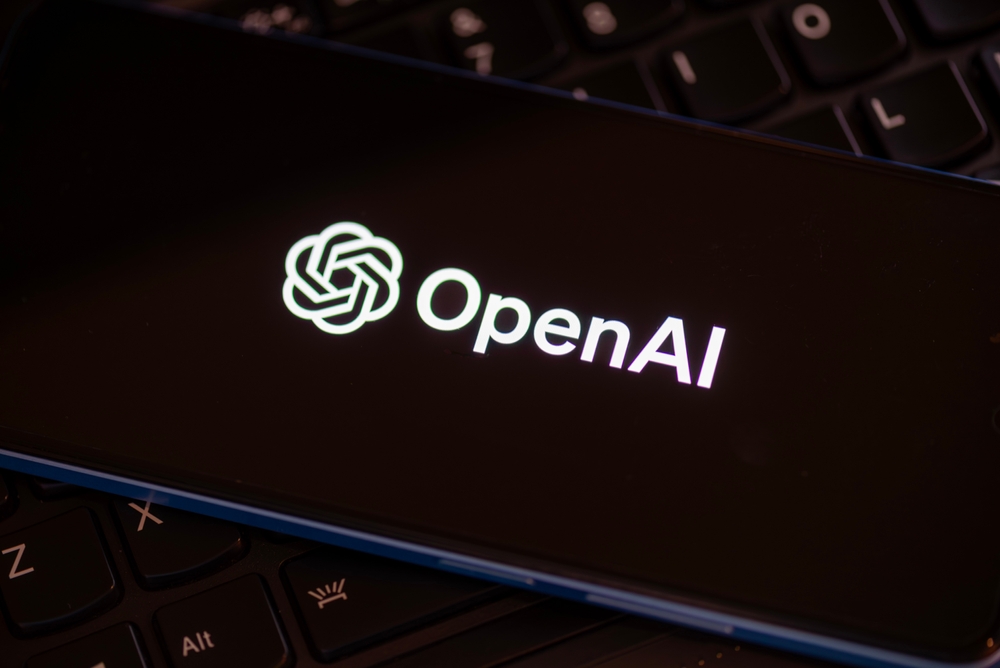OpenAI’s next major language model, currently codenamed “Orion,” is reportedly not a dramatic step forward from its predecessors, according to online sources. Orion has demonstrated improved performance over current models, but the leap is less significant than that from GPT-3 to GPT-4. This development suggests that the pace of improvement in large language models (LLMs) may be slowing, with Orion only slightly outperforming its predecessors in certain areas, such as coding accuracy and efficiency.

New Strategies for Enhancing Orion
In response, OpenAI has organized a dedicated team of developers tasked with identifying new strategies to advance LLM capabilities. This group is exploring innovative approaches to continue the model’s development, especially as the availability of high-quality training data becomes increasingly limited. Among the strategies being tested is the use of synthetic data generated by other neural networks to supplement Orion’s training, which may help overcome the challenges posed by limited real-world data. Additionally, OpenAI is looking to implement more intensive improvement phases for Orion following its initial training, aiming to refine the model’s performance in a more targeted way, notes NIX Solutions.
Though OpenAI has yet to officially comment on these strategies, it’s clear the company is invested in pushing the limits of language model development. As Orion’s development unfolds, we’ll keep you updated on any significant advancements and further details about OpenAI’s approach to overcoming data scarcity.
